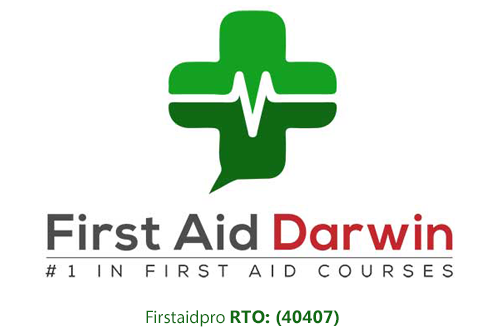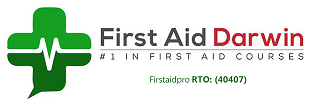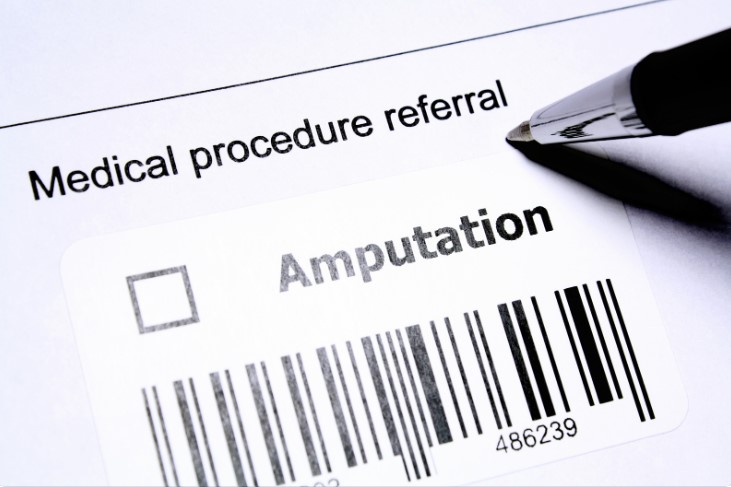Returning to Play After a Concussion: Return to play (RTP) after a sports concussion should be a step-by-step, graduated, exercise-limited process.
Whether for the professional or recreational athlete, taking time off from your sport is critical to your recovery — and returning to play too soon can have serious consequences.
This fact sheet provides advice for safely return to play after a concussion.
What Is A Concussion?
A concussion is a type of traumatic brain injury (TBI) caused by a bump or blow to the head. It can result in temporary loss of brain function and can affect memory, thinking, language, and balance.
Concussions may not cause immediate symptoms, and the effects may not appear until several hours or even days after the injury. It can also lead to additional health problems, such as headaches, dizziness, and sleep disturbances.
In Australia, a recent study showed that between 2011 and 2014, the number of hospital admissions for sports-related concussions increased by almost 50%. In addition, another study found that rugby union had the highest rate of concussions among team sports, with an estimated 10-20 concussions per 1000 player hours.
These statistics highlight the need for increased awareness and preventive measures to reduce the risk of concussions in sports.
Symptoms Of Sports-Related Concussion
-
- Headache: A headache is a common concussion symptom that ranges from mild to severe.
- Dizziness or confusion: Dizziness or sudden confusion can occur due to the brain’s inability to process and coordinate information.
- Nausea or vomiting: These symptoms can be caused by the brain being jolted inside the skull.
- Loss of consciousness: A loss of consciousness can occur due to the brain being jarred, even if it only occurs briefly.
- Amnesia: Amnesia or memory loss can occur due to the brain’s inability to properly process and store new information.
- Slurred speech: Slurred speech can occur as a result of the brain being unable to control the muscles used for speech properly.
- Fatigue or drowsiness: Fatigue and drowsiness can occur due to the brain’s increased energy demand following a concussion.
- Difficulty concentrating or remembering new information: These symptoms can occur due to the brain’s decreased ability to process and store new information.
- Sensitivity to light or noise: These can occur as a result of the brain being overly sensitive to stimuli following a concussion.
- Blurred vision: Blurred vision can occur due to the brain’s inability to process visual information properly.
- Balance problems: Lack of balance can result from the brain’s decreased ability to process and coordinate information from the inner ear and eyes.
- Mood changes: Sudden mood changes such as irritability, sadness, or nervousness can occur as a result of the brain’s decreased ability to regulate mood following a concussion.
Knowing the symptoms of a concussion before returning to play is important as it helps identify a concussion and avoid further injury. It also allows proper medical evaluation and treatment and prevents potential long-term consequences.
Return To Play After A Concussion: Step-by-Step Process
The return to play process is gradual and must be monitored to ensure that the brain has enough time to heal before returning to full physical and cognitive activities.
Make use of these guidelines for full recovery from concussion.
Complete Physical And Cognitive Rest
Complete physical and cognitive rest is the first step in the concussion recovery process. Allow time for the brain to heal by reducing physical and cognitive activities.
This step involves reducing or avoiding physical and cognitive activities that could put the individual at risk of re-injury. This allows the brain to heal properly and reduces the risk of long-term damage.
Monitoring Symptoms
Regular monitoring of symptoms is crucial during the concussion recovery process. Any worsening symptoms should be reported to a medical professional, who can assess the situation and determine if further treatment is necessary.
Cleared By A Medical Professional
Obtain clearance from a medical professional before returning to full physical and cognitive activities, including contact sports. This ensures that the individual is not at risk of further injury and that the brain has fully healed.
Gradual Return To Sport-Specific Activities
After the initial period of rest, the individual should gradually increase physical activity, such as light exercise, under the guidance of a medical professional. Gradually return to sport-specific activities, starting with non-contact drills and gradually increasing intensity.
This helps the individual gradually adjust to the physical demands of their sport and prevent further complications.
Full Return To Play
Fully returning to play is advised after being cleared by a professional., However, it is important to remain vigilant for any symptoms or changes and report them to a medical professional if necessary. This helps ensure that the individual can safely participate in physical activities and reduces the risk of re-injury.
(First Aid note: These guidelines are general and may vary depending on the individual and the severity of their concussion. It is important to follow the advice of a medical professional and not to return to play until fully cleared.)
The Importance Of Concussion Recovery
Concussion recovery is crucial for the proper healing and functioning of the brain after a traumatic injury. Without proper recovery, the individual may be at risk of re-injury or worsening symptoms, leading to long-term consequences such as chronic traumatic encephalopathy (CTE).
Proper concussion recovery involves gradually returning to physical and cognitive activities to avoid putting the individual at risk. This process helps ensure that the brain has enough time to heal and can reduce the risk of developing chronic issues such as post-concussion syndrome.
Taking the necessary steps to recover from a concussion is vital for ensuring the health and well-being of the individual, both in the short term and the long term.
First Aid For Concussion
Learning first aid for concussions is crucial for everyone, as it is a common injury that can have serious consequences if not treated properly.
Being equipped with the knowledge and skills to provide appropriate first aid can help ensure that individuals receive proper care and treatment, reduce the risk of long-term consequences, and support a full recovery.
Book a first aid course today. Visit First Aid Courses Darwin for quality and affordable training courses near you.








